World leaders have condemned Israel's killing of Hezbollah leader Sayyed Hassan Nasrallah and slammed its intensifying attacks in Lebanon that may have displaced up to 1 million people.
Israel said it struck "dozens "more targets on Sunday, a day after Hezbollah confirmed the deaths of multiple commanders, including longtime leader Nasrallah, who was killed in a massive Israeli strike in Beirut's southern suburbs on Friday.
The office of Lebanon's caretaker Prime Minister Najib Mikati on Saturday declared three days of national mourning for the Hezbollah chief. Former Lebanese president Michel Aoun said the country lost "a distinguished and sincere leader who led the national resistance on the paths of victory and liberation".
Nasrallah's body was recovered intact from the site of Friday's strike, a medical source and a security source told Reuters on Sunday.
United Nations Secretary-General Antonio Guterres said on X he was "gravely concerned by the dramatic escalation of events in Beirut in the last 24 hours".
"This cycle of violence must stop now. All sides must step back from the brink. The people of Lebanon, the people of Israel, as well as the wider region, cannot afford an all-out war."
Iranian President Masoud Pezeshkian said the international community "will not forget that the order for this terrorist attack was issued from New York" and "the Americans cannot absolve themselves of complicity with the Zionists", Mehr News Agency reported.
Pezeshkian was most likely referring to the presence of Israeli Prime Minister Benjamin Netanyahu at the UN headquarters in New York, and his speech at the general debate of the General Assembly's 79th session.
Jean-Luc Melenchon, a French politician and former member of the European Parliament, said Nasrallah's killing was "one more step toward the invasion of Lebanon and general war", as fears of an Israeli invasion of Lebanon grow.
China on Sunday urged parties concerned, especially Israel, to take immediate actions to cool down the situation and prevent the conflict from escalating or spiraling out of control.
"China opposes the infringement on Lebanon's sovereignty and security, opposes and condemns any action against innocent civilians, and opposes any move that fuels antagonism and escalates regional tensions," a Foreign Ministry spokesperson said in a statement.
On Sunday, Mikati told reporters the number of displaced people could reach a million. "It is the largest displacement movement that may have happened ... in Lebanon," he said.
In a speech late on Saturday, Netanyahu said the "elimination of Nasrallah is a necessary condition for achieving the goals we have set: Returning the residents of the north safely to their homes, and changing the balance of power in the region over the years".
US President Joe Biden said on Saturday the United States "fully supports Israel's right to defend itself against Hezbollah, Hamas, the Houthis".
The strike in Beirut also killed Brigadier General Abbas Nilforoushan, deputy commander of Iran's Islamic Revolutionary Guard Corps, marking the latest casualty suffered by Iran as the nearly yearlong Palestine-Israel conflict in the Gaza Strip teeters on the edge of becoming a regional war.
Iranian Foreign Minister Abbas Araqchi said on Sunday the killing was a "horrible crime" that would not go unanswered.
Jawaid Iqbal, chairman of the Department of West Asian and North African Studies at Aligarh Muslim University in India, told China Daily that Israel's actions in Lebanon are connected to its "failure" in Gaza.
"While Israel can reduce the military capacities of Hamas, its exterminationist violence only fuels popular support for future resistance efforts. Confronted with this intractable scenario, Israel has resorted to assassination campaigns aimed at demoralizing the resistance forces and shoring up the self-confidence of the settler-colonial populace," he said.
"Given the performative role of assassination campaigns in presenting Israelis with a symbolic victory, it is reasonable to expect that Israel will now invade Lebanon despite knowing the strategic costs. The display of large-scale violence solidifies Israeli hope of total victory, even as the military fails to eliminate the social base of resistance forces like Hezbollah."









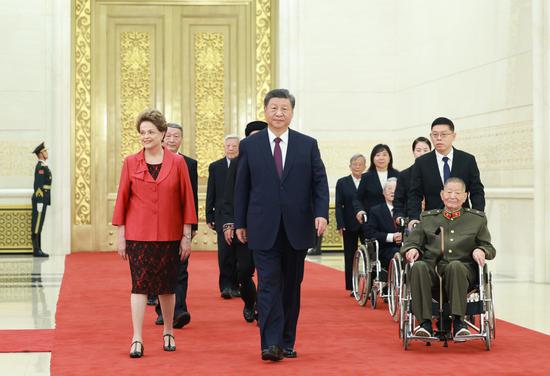


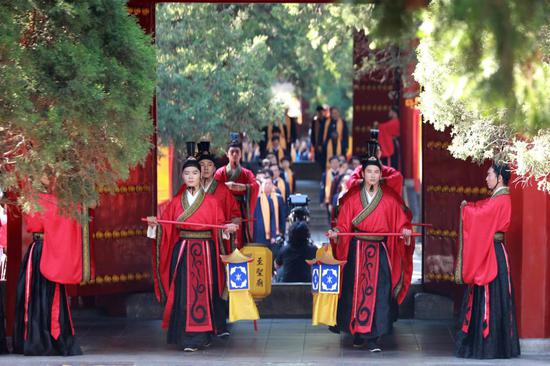
























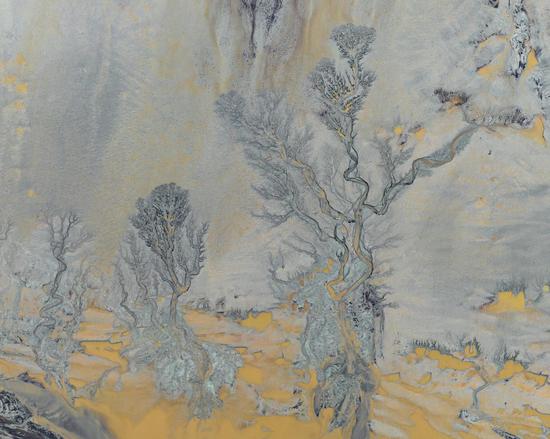

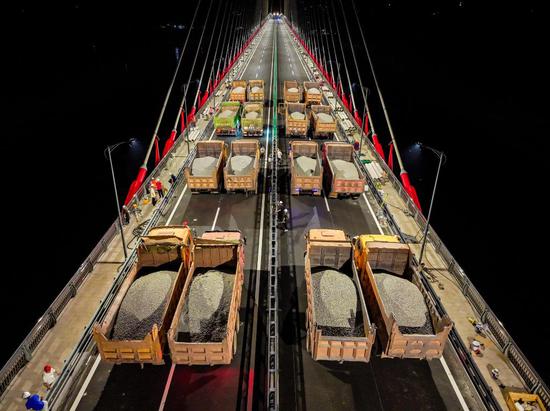
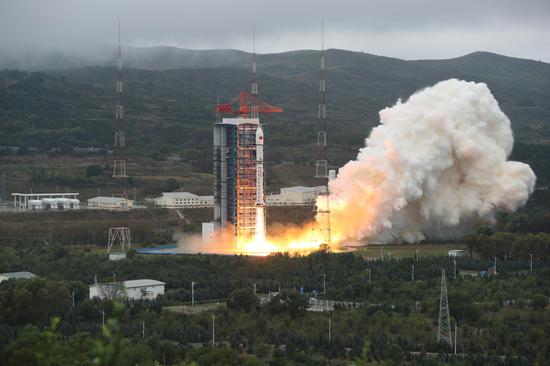
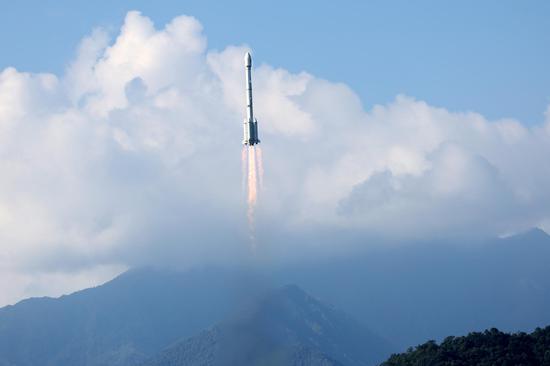
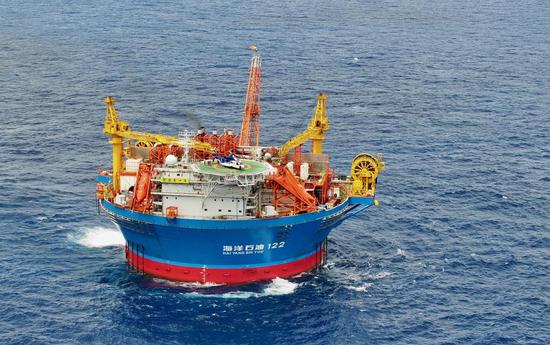
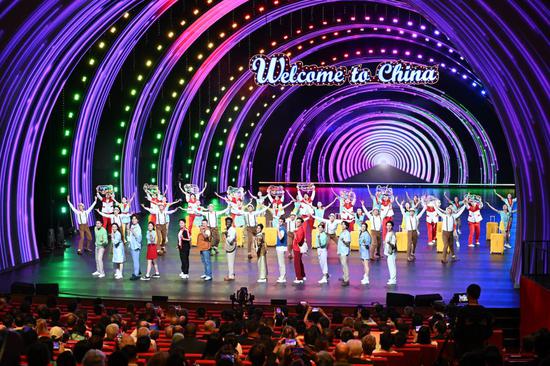




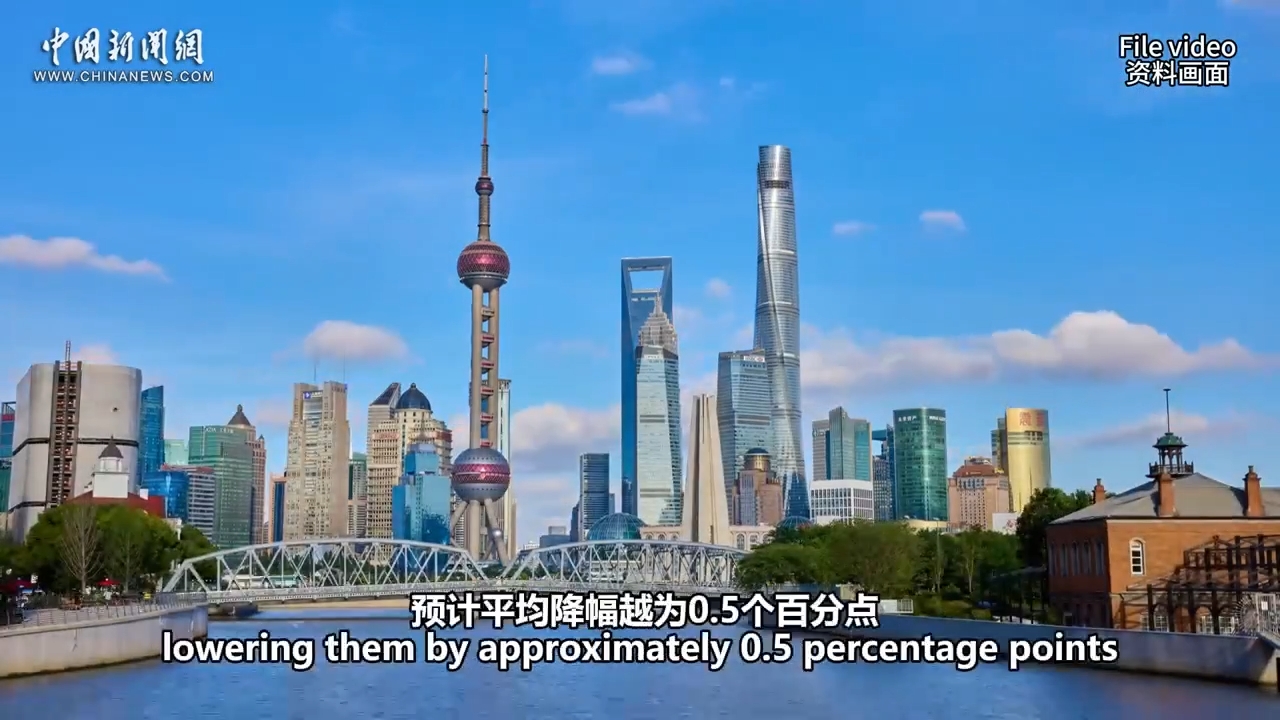

 京公网安备 11010202009201号
京公网安备 11010202009201号